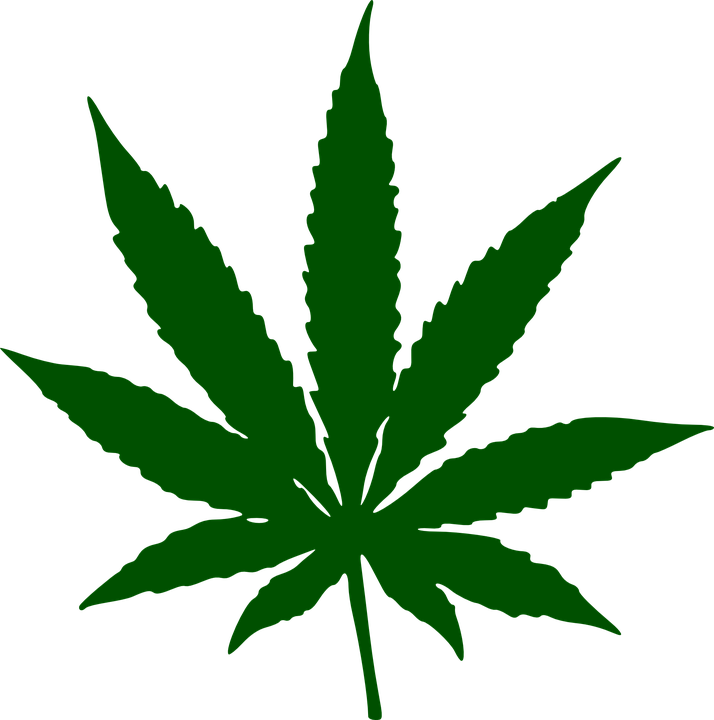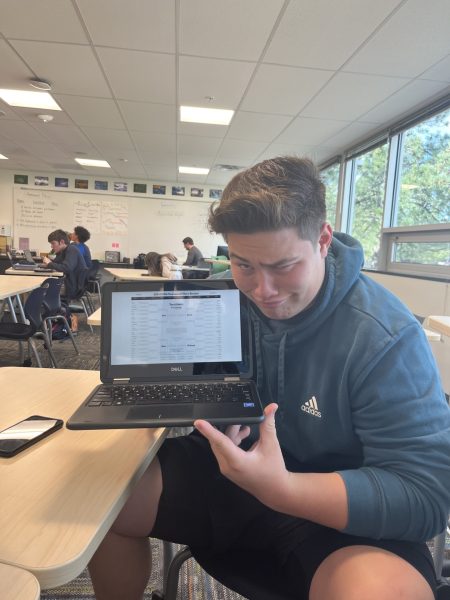Say Maybe to Drugs?
November 6, 2012: The day Colorado went from just the “beautiful outdoor state” to the “weed state that also happens to have great outdoor attractions.” After two years of planning, on January 1st, 2014, the public sale and consumption of marijuana was legalized in Colorado. With this historic event, Colorado became one of the first U.S. states to legalize any form of narcotic since Reagan’s war on drugs. As unflattering as it may be to be labeled “the weed state,” it is amusing to be a part of a trailblazer state in what seems to be the future of drugs in America: legalization and decriminalization. Now that a few years have passed since the ratification, has society seen favorable results in legalizing and decriminalizing marijuana?
So far, yes. Just in 2015, a year after marijuana was legalized in Colorado, the state saw a creation of thousands of jobs and over $135 million in tax revenue. Tourism majorly increased, the overall sentiment of marijuana use became accepting. This all happened in one year, without a single related spike in crime. At the very worst, there have been reports of drivers under the influence of marijuana and occasional instances of individuals consuming too much marijuana. As Colorado House Speaker Dickey Lee Hullinghorst put it, “the sky didn’t fall. Everything seems to be working pretty well.” Other states have come to the same conclusion and have followed suit, with either legalizing or decriminalizing marijuana.
One notable development with the legalization of marijuana is that, over the years, the general consumption of the drug did not significantly increase. Yes, there were some individuals that were on the fence about the use of marijuana and that decided to use it; but for the most part, the same people continued to use the drug. The only difference with the use of marijuana is that instead of charging users with criminal sentences, they are set free as long as they abide to the strict regulations that have been implemented by the state. The same people consume marijuana, but now they aren’t criminals that the state government has to waste resources on. While the state may create revenue from taxing the sale of the drug, the real money generator is what is saved through not prosecuting consumers.
However, opponents still claim perceived harms of the legalization, including easier access to the drug for those under the age of 21. Yet for Air Academy High School, things have seemed to largely stay the same since the ratification in 2012. In an interview with Officer Montoya, a security guard at Air Academy, he notes that the only real increase he has seen since 2012 is “an increased number of hits with the canines when contacting students’ backpacks, vehicles, and the like.” There has been no sign of an increase in consumption, possession, or glorification of the drug at the school; the only factor that has increased is the association with the drug. However, Officer Montoya believes this is largely explained with the knowledge that “as the number of people smoking marijuana increases, so will the number of people that are associated with marijuana increase.” Just because the drug dogs detect the drug, does not mean that the student uses the drug.
Another perceived harm includes speculation of whether or not marijuana serves as a “gateway drug” to other, more serious drugs. This means that as the THC content in marijuana increases over time, the more and more people become used to the chemical, creating a desire for stronger drugs. However, no studies so far show any sort of correlation with the two, let alone any causation between the two.
The United States has spent years “saying no to drugs,” but perhaps it is now time to say maybe to less harmful and widely used drugs. Trailblazer states, like Colorado, haven’t seen any serious negative consequences of legalization or decriminalization of marijuana, so perhaps it is time to reconsider the nation’s stance on narcotics.

My name is Robert Corl and I am a Senior at Air Academy High School. I have been on Air Academy's Speech and Debate team for four years now and have competed...









Ryn Wayman • May 2, 2017 at 11:55 am
It’ll be interesting how this develops on a national level with more sates rejecting the federal impositions
Megan Reynolds • May 2, 2017 at 11:54 am
I really like this article Robbie! It’s interesting that although it’s legal the rate of use has not increased.
Carter Rodny • May 2, 2017 at 11:54 am
How has the use of other drugs increased since legalization? I know there has been many cases of heroin use lately.
Robert Corl • May 2, 2017 at 11:57 am
As I mention in the story, there is a concern over marijuana becoming a “gateway drug”, which highlights the issue you speak about. However, there has been no proved correlation or causation , so far, between the legalization of marijuana and the increased use of other drugs.